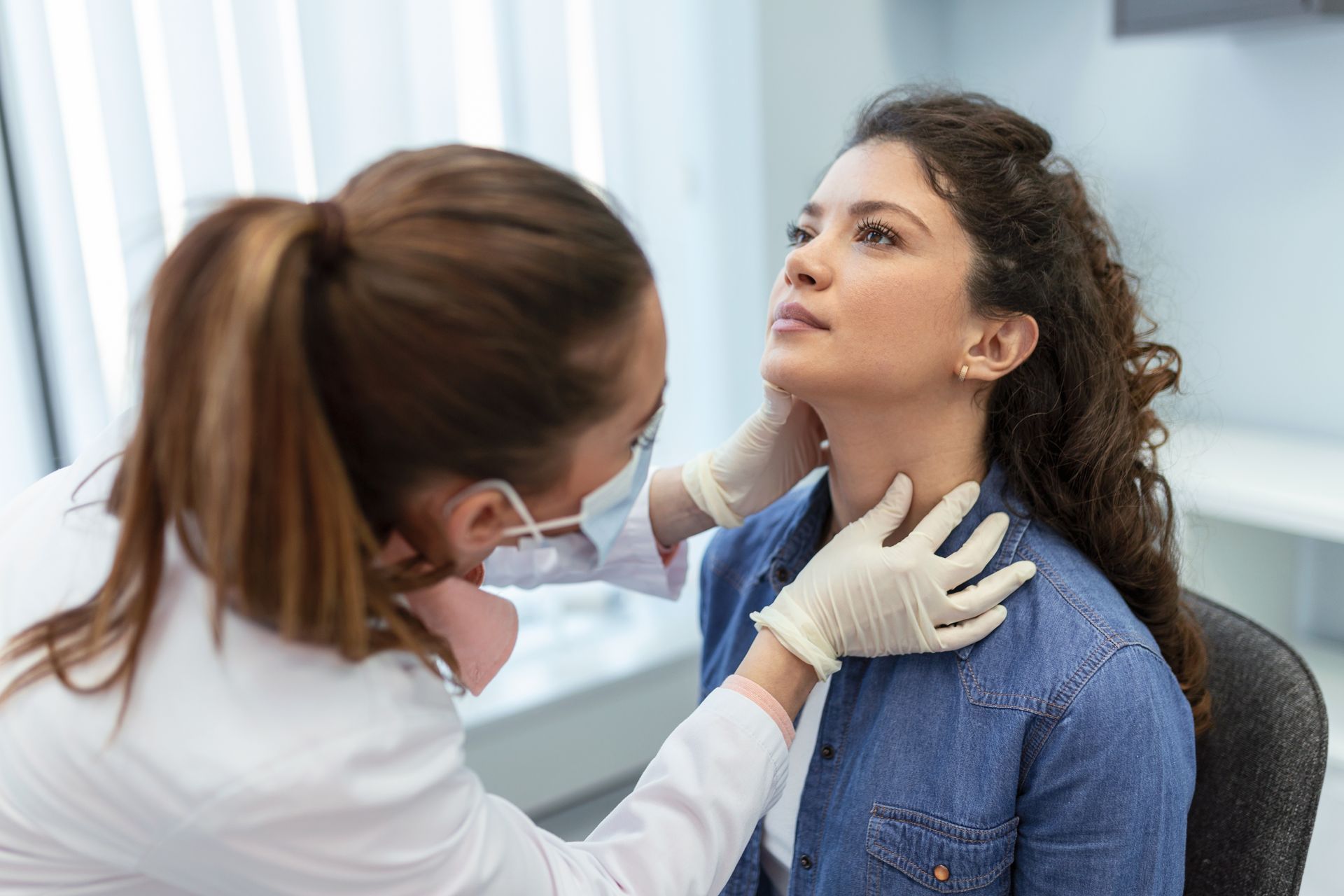Recent Posts
What You Should Always Tell Your Primary Care Doctor (Even If It Feels Unimportant)

When you visit your primary care doctor, it’s easy to focus only on the most pressing health concerns like a lingering cough or a recent injury. However, many people overlook small details that can have a significant impact on their health.
Even if something seems unimportant or unrelated, it could provide crucial insights into your overall well-being. Being completely honest with your doctor, even about embarrassing topics, ensures you receive the safest and most effective care possible.
Keep in mind that primary care providers (PCPs) have seen and heard it all, from sexual health challenges and constipation to substance abuse and mental health challenges.
They’re not there to judge you—and they’re subject to strict confidentiality laws that prohibit them from sharing anything you tell them.
1. All Medications, Including Supplements and Over-the-Counter Drugs
Many people assume that vitamins, herbal supplements and over-the-counter (OTC) medications are harmless because they don’t require a prescription. Unfortunately, these drugs can interact with prescription medications in ways that may reduce the effectiveness of your treatments or cause harmful side effects. For example:
● St. John’s Wort (commonly used for mood disorders) can interfere with antidepressants, birth control pills and blood thinners.
● Ginseng and ginkgo biloba can increase the risk of bleeding if taken with blood thinners like warfarin.
● Calcium and magnesium supplements can interfere with the absorption of certain antibiotics.
2. Alcohol, Recreational Drug Use and Smoking
Many people hesitate to disclose their alcohol consumption or recreational drug use to their doctor due to embarrassment or fear of judgment. However, being honest about these habits is crucial for your health.
Certain medications can be dangerous when mixed with alcohol or drugs. For instance, opioid painkillers, anxiety medications and sleeping pills can lead to dangerous respiratory depression when combined with alcohol. Even cannabis use should be discussed, as it can interact with medications like blood pressure drugs and sedatives.
Smoking (both tobacco and marijuana) affects lung health and increases the risk of chronic conditions, so your doctor needs to know to provide the best care.
3. Changes in Your Sleep Patterns
Experiencing insomnia, waking up frequently at night or feeling excessively tired during the day could be warning signs of an underlying health issue. Sleep disorders like sleep apnea, restless leg syndrome and even depression or anxiety often manifest through sleep disturbances.
Poor sleep is linked to a higher risk of heart disease, obesity and diabetes. If your sleep patterns have changed, mention it to your doctor instead of brushing it off.
4. Sudden Changes in Weight or Appetite
Losing or gaining weight without trying can be a sign of an underlying medical condition.
Rapid weight loss may indicate issues like thyroid disorders, diabetes or even cancer, while unexpected weight gain could be related to hormone imbalances, heart disease or metabolic disorders.
Similarly, major changes in your appetite, whether you’re eating significantly more or less than usual, could be a sign of mental health issues like depression or an underlying medical condition.
5. Digestive Issues and Bowel Changes
People often feel embarrassed discussing digestive problems, but these symptoms can provide vital clues about your health. If you frequently experience bloating, constipation, diarrhea or acid reflux, these could indicate food intolerances, irritable bowel syndrome (IBS) or even more serious conditions like Crohn’s disease or colorectal cancer.
Additionally, if you notice blood in your stool, persistent stomach pain or unexplained nausea, don’t ignore it bring it up with your doctor.
6. Changes in Mood, Anxiety or Stress Levels
Mental health is just as important as physical health, but many people avoid discussing it with their doctor. If you’ve been feeling more anxious, depressed or irritable than usual, it’s worth mentioning.
Stress and mental health issues can contribute to physical symptoms like headaches, high blood pressure and digestive problems. Your doctor can provide guidance, recommend therapy or prescribe medications if necessary.
7. Family Medical History Updates
Even if your health seems fine, changes in your family’s medical history could impact your risk factors for certain diseases. If a close relative has recently been diagnosed with a condition like heart disease, diabetes or cancer, you may need additional screenings or lifestyle adjustments to reduce your risk.
8. Any New or Worsening Aches and Pains
Many people dismiss minor aches and pains as just part of aging, but they can sometimes be early warning signs of serious issues. Persistent joint pain, for example, could be a sign of arthritis, while unexplained back pain might indicate kidney problems or spinal issues.
If you’ve noticed pain that doesn’t go away or has been worsening over time, let your doctor know.
9. Sexual Health Concerns
Discomfort, pain during intercourse, changes in libido or concerns about sexually transmitted infections (STIs) are important topics to discuss with your doctor. Many conditions affecting sexual health, such as hormonal imbalances or infections, are easily treatable but can worsen if ignored.
If you’re experiencing changes in sexual function or have concerns about fertility, it’s always best to seek medical advice.
10. Changes in Your Exercise Routine or Lifestyle
Whether you’ve started a new workout regimen, changed your diet or recently become more sedentary, these lifestyle changes can impact your health. If you’ve taken up intense exercise, for example, your doctor may advise adjusting your diet or monitoring for joint issues. If you’ve become less active, they may suggest strategies to maintain cardiovascular health and mobility.
Put Your Health First With Our Houston Primary Care Services
At St. Hope Healthcare, we believe in comprehensive, patient-centered care. Our primary care providers are here to listen, support and guide you toward better health. Whether it’s time for a routine check-up or you have specific concerns, we encourage open and honest conversations to ensure the best possible care.
Schedule an appointment with St. Hope Healthcare today or give us a call at (713) 778-1300.









